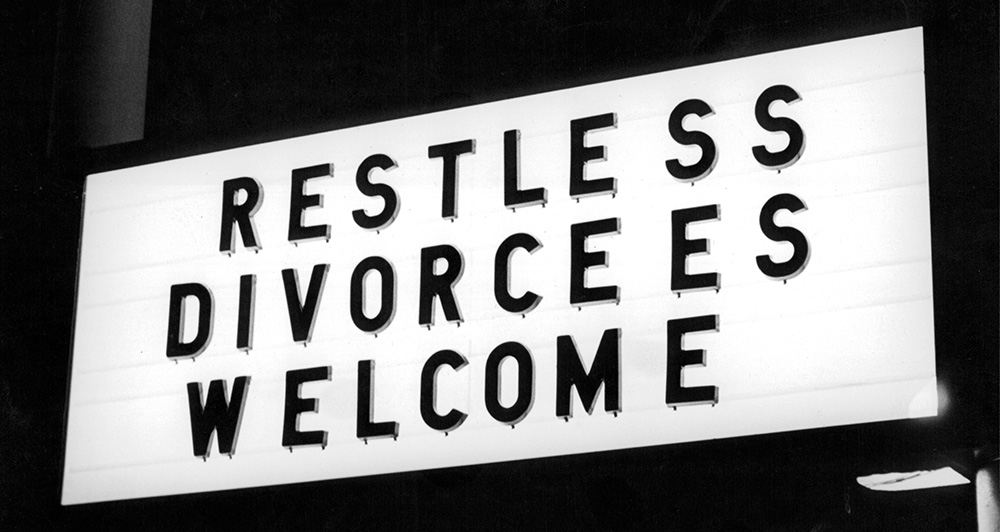
There are times when one partner can come out worse off because of the 50/50 rule.
Breaking up is hard to do – and it’s even harder when you’re fighting over who gets what.
When a marriage, civil union or de facto relationship comes to an end, one of the trickiest parts – other than sorting out custody arrangements for children – is deciding how to split assets. That’s why we have the Property (Relationships) Act – legislation that helps to determine how property will be divided when a relationship ends.
It is based on the assumption that both people in the relationship are equal and have contributed equally to the partnership, both financially and in other ways.
If you and your other half split up, your assets – and your debts – should be divided equally if you are married or have been in a de facto relationship for at least three years. However, there are some exceptions to this and the act does say that any economic advantages or disadvantages one of the partners has experienced as a result of the relationship should be taken into account.
While this is fair in many cases – particularly for couples who get together when they are young and jointly build up their assets throughout their relationship – there are times when one partner can come out worse off because of the 50/50 rule.
This is often the case in second marriages or relationships that start later in life, when the two people come into the partnership with existing property and assets.
For example, if you received the family home as part of your divorce settlement, when you re-marry or have a de facto relationship for more than three years, half of that house belongs to the other person if you split up or if you die. This may not be what you want.
A way of avoiding a situation like this is to contract out of the Property (Relationships) Act and have your own agreement on how you’ll divide assets.
This is known as a contracting out agreement and is a kind of pre-nuptial. It can be drawn up at any stage of a relationship, although it is a good idea to do it before you’ve been together for three years.
A contracting out agreement is useful because it divides property fairly, especially if one of you had significant assets before you got together. Provisions can be made for any children from previous relationships and it protects partners from any debt the other one may have accumulated before you got together. Spelling out who gets what can also help to avoid a costly and upsetting court case further down the track.
For a contracting out agreement to be valid, it has to be in writing and signed by both parties. Each party has to receive independent legal advice before signing (you can’t use the same lawyer) and signatures have to be witnessed by a lawyer. Each lawyer has to confirm that they have explained the consequences of the agreement to you.
When it comes to drawing up the agreement, make sure you list all your assets and liabilities, not forgetting things such as KiwiSaver and superannuation funds.
Remember that just like wills, contracting out agreements may need updating if your circumstances change.
Photos: Giphy and Getty Images.
The New Zealand Law Society has a comprehensive guide to dividing up relationships property. For more info, see lawsociety.org.nz.
This article originally appeared on nowtolove.co.nz.










